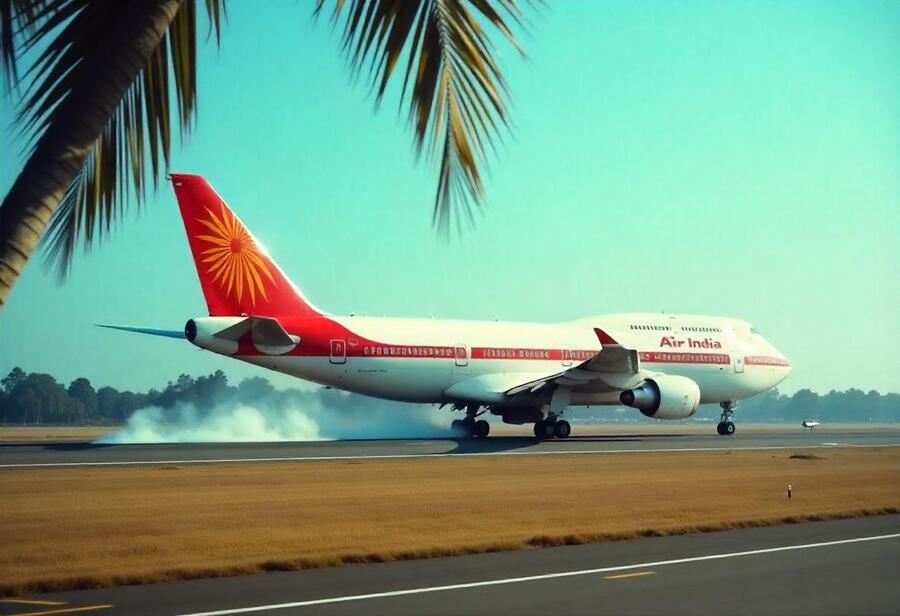Air India has grounded several domestic and long-haul flights, citing enhanced maintenance procedures and operational demands following a Boeing 787 Dreamliner crash in Ahmedabad on 12 June. The airline’s statement confirmed cancellations of at least eight services on Friday, including routes linking Dubai, Melbourne and several Indian cities, with further schedule adjustments on tap until mid-July.
The airline reported specific flight cancellations: AI906, AI2204, AI308 and AI309, alongside domestic services such as AI874, AI456, AI2872 and AI571. These disruptions are part of a broader rollback affecting 38 international departures weekly and suspension of select overseas routes from 21 June to 15 July.
This operational recalibration forms part of measures taken after the crash of flight AI171, en route from Ahmedabad to London Gatwick, which claimed 241 lives aboard and dozens on the ground. Inspections mandated by the Directorate General of Civil Aviation have so far cleared 26 out of 33 Dreamliners for continued service, with the remaining aircraft undergoing deeper scrutiny. Further checks are being extended to the Boeing 777 fleet.
DGCA officials have acknowledged no “major safety flaws” within the inspected planes but expressed concern over coordination and maintenance-process bottlenecks, including parts shortages. The regulator has urged Air India to reinforce internal communication among engineering, flight operations and ground-handling teams.
Compounding the technical inspection demands, Air India pointed to “geopolitical tensions in the Middle East” and regional airspace curfews as additional stressors on both route planning and aircraft availability. In one instance, a Tech snag triggered the return of flight AI315 mid-air, prompting passenger disembarkation and safety checks.
Passengers affected by cancellations are being rebooked on alternate flights or offered full refunds. The airline emphasised that its schedule reductions, including the 15 per cent trimming of wide-body operations, are preventative and aimed at stabilising service through mid-July.
From a broader perspective, analysts suggest these steps reflect a necessary but cautious response amid heightened scrutiny of safety protocols. International experts and regulatory bodies based in the UK and US are supporting investigations into the crash and fleet safety. Meanwhile, Tata Group–owned Air India is pressing ahead with its fleet overhaul and growth agenda, having placed orders worth over US $70 billion since privatisation efforts began in 2022.
Whistle‑blower allegations from cabin crew, asserting a serious door‑malfunction issue flagged in May 2024 on a Boeing 787, have stirred internal debate and led to calls for greater transparency within the airline’s maintenance culture. In response, Air India CEO Campbell Wilson stated the aircraft in question was well-maintained, with major inspections completed in mid‑2023 and engine overhauls in 2025. He described the fleet reductions as temporary and necessary for passenger safety.
Mid‑tier carriers are watching closely, as Air India’s capacity pull‑back offers opportunities for market share—but only if confidence in safety can be restored swiftly. Regulatory avoidance of systemic grounding, favouring phased clearance, suggests a strategy focused on reassurance without excessive service interruption.
With detailed flight schedules due this weekend, observers will be looking for an early stabilisation of operations. The airline is betting that bolstered maintenance, clearer coordination frameworks and ongoing international support will address current anxiety and reinforce its transformation under private ownership.




 Diplomacy Amidst Bombardment Draws US, Iran Closer
Diplomacy Amidst Bombardment Draws US, Iran Closer 